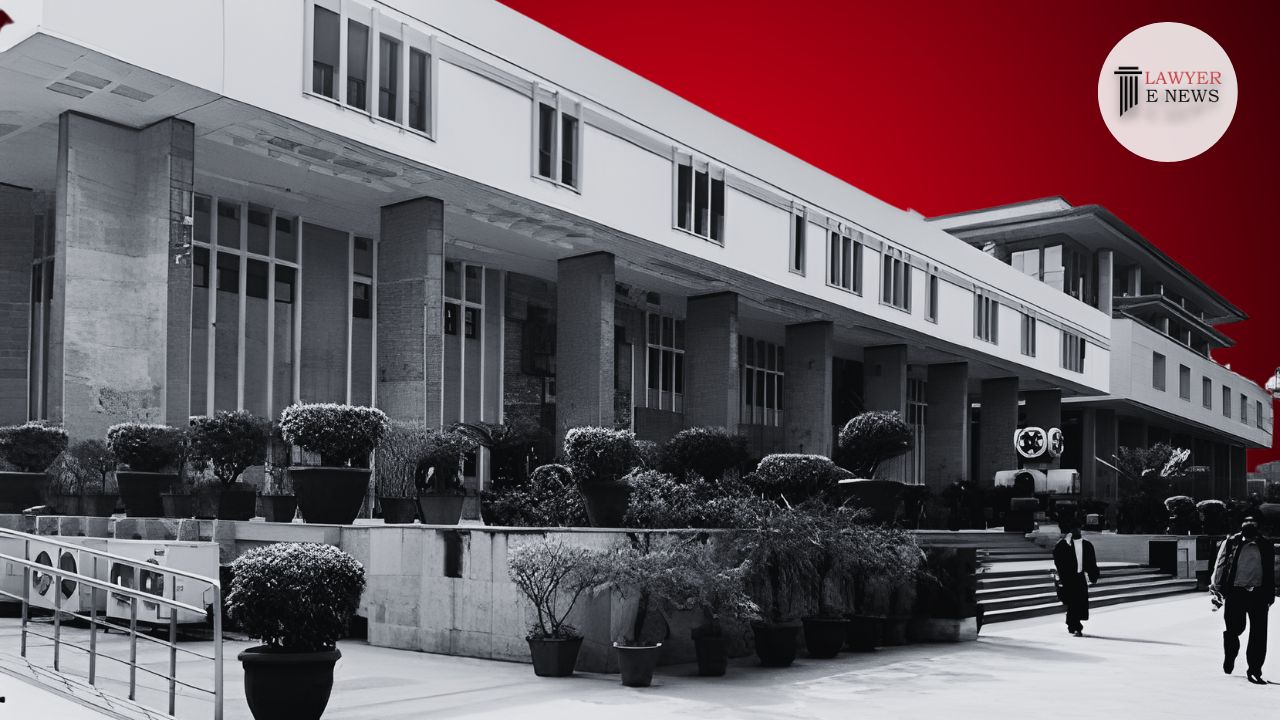-
by Admin
15 February 2026 2:36 AM



In a landmark judgment that underscores the critical importance of credible evidence in financial disputes, the Delhi High Court, led by Hon’ble Mr. Justice Sanjeev Narula, has set aside a previous decree in a dispute between Afcons Infrastructure Ltd. And Major Balwan Singh, revolving around the payment for diesel supply in a construction project.
The judgment, pronounced on December 1, 2023, emphasizes the crucial role of detailed and corroborative evidence in substantiating financial claims. Justice Narula, in his decisive observation, stated, “Without the original books of account, the suit, which primarily hinges on the twelve invoices, should not have been adjudicated based solely on their mere presentation.” This statement reflects the court’s insistence on the need for concrete evidence in such disputes.
The case, which initially saw a decree mandating the construction company, Afcons Infrastructure Ltd. (Appellant), to pay Rs. 4,08,715/- with 12% interest per annum, was challenged on the grounds of insufficient evidence. The Appellants contended that the payments had been made and recorded, whereas the Respondent failed to produce essential books of account or detailed evidence of outstanding invoices.
Justice Narula highlighted the inadequacies in the trial court’s judgment, noting that the failure to produce books of account was a significant shortcoming. “The existence of invoices was never in dispute,” he remarked, “The central issue was whether the amounts invoiced were still outstanding.”
The High Court’s decision, which overturned the earlier judgment, reinstates the importance of adhering to the principles of evidence, especially in financial litigations. The court’s ruling also accentuates the responsibility of parties in financial disputes to provide sufficient, credible evidence to support their claims.
Date of Decision 01st December, 2023
Afcons-Ltd Vs Major-Balwan-Civil
